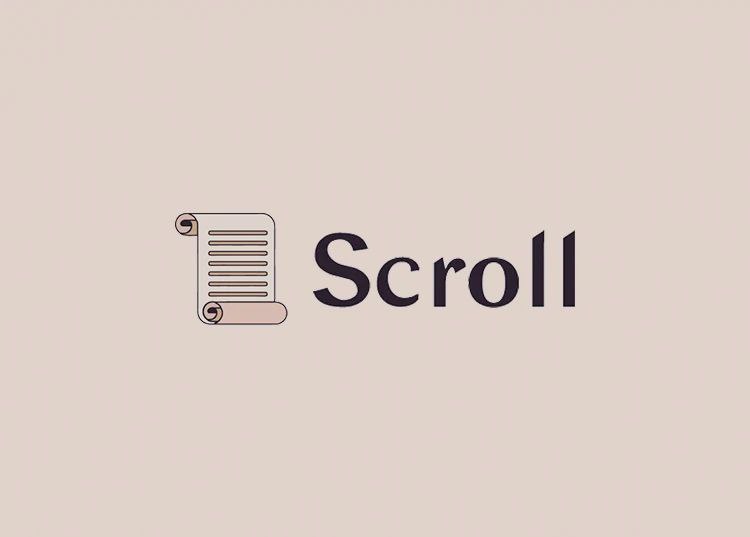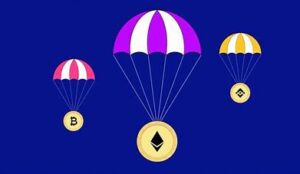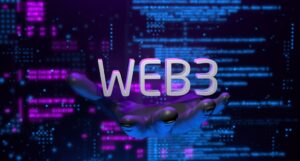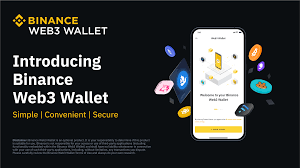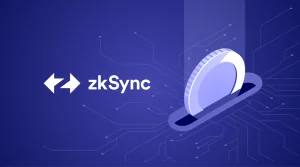After launching its mainnet, the Scroll project achieved its huge technical potential after a rigorous testnet phase and secured a prominent position in Ethereum’s ZK rollup.After raising $50 million in funding, Scroll recently received $1.8 billion in funding and is preparing to decentralize its ecosystem. There is a native token for the anticipated cryptographic network, which will be given to early users who have accessed the Scroll mainnet.
To make sure you are eligible for the Scroll airdrop and get the best possible Scroll tokens, check out the full information below:-
The Scroll cryptocurrency project successfully completed its testnet phase before moving to its mainnet phase. Security is the top priority in Scroll, an Ethereum scaling solution. It makes use of zero-knowledge[zk rollup] cryptographic proof-of-concept technology, providing a simple, approachable, reliable, and user-expertise-responsive platform for developing smart contracts.This 2021 cryptocurrency project intends to add a layer-2 network to Ethereum in order to improve its scalability. In comparison to conventional methods, it is projected that the impending airdrop for its target community will enable a higher transaction. throughput and lower operating costs.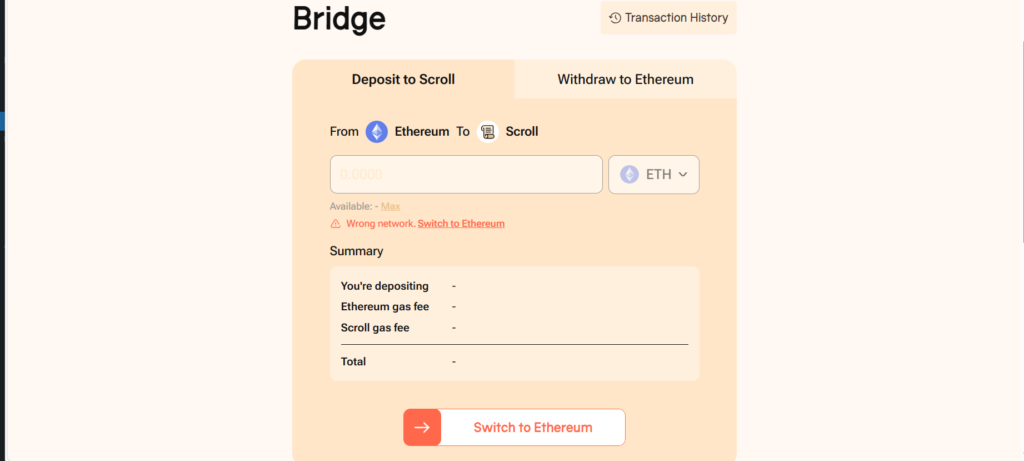
By fostering open source collaboration and emphasising code security, Scroll protects users and developers against cyber threats related to cryptocurrency. By maintaining neutrality throughout implementation, the chain hopes to eliminate power disparities within itself and promote a decentralised, self-governing infrastructure.Scroll connects to Ethereum’s virtual machine (EVM) via zk-rollup technology and uses cryptographic proof of work to effectively distribute the workload of the main network to off-chain environmets.The proopria zkEVM was introduced by the infrastructure development team on the Goerli testnet in February 2023. With 1 million unique addresses and 16 million transactions, the project successfully completed its pre-alpha phase. Over 450,000 smart contracts, with an average of 305,000 daily transactions across 9 million generated blocks and 280,000 zk trials, were executed during the Goerli Scroll testnet phase.

